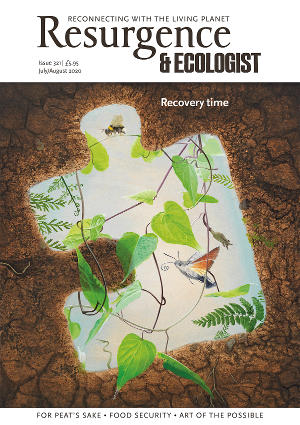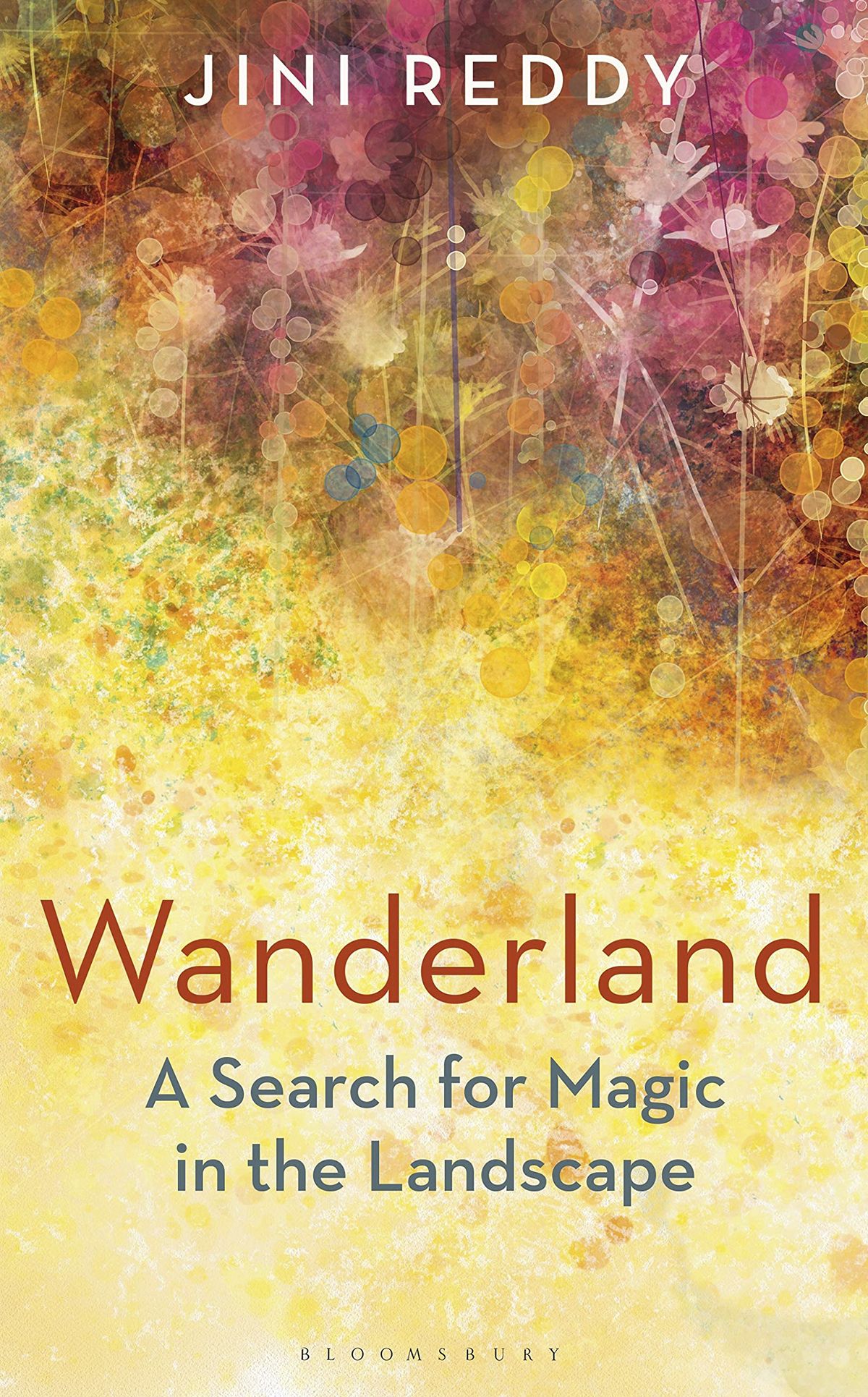‘Magic’ is one of those words that, as Humpty Dumpty said, can mean whatever you choose it to mean. So it takes a brave author to include it in the subtitle of a book about a quest to find meaning in our landscape.
All credit to Jini Reddy for laying her cards on the table at the outset, despite her awareness of the dangers of embracing an overtly spiritual approach to Nature. She freely admits that she is worried about being seen as “a silly New-Age deluded hippie”, but she adds: “So what did it really matter what people thought? I had nothing to lose and everything to gain.”
Like Zakiya McKenzie, Tiffany Francis and Benedict Macdonald, Jini Reddy is one of a cohort of fresh new voices writing about Nature and place. She is of Indian descent and she has a refreshingly honest approach to the British countryside, which should win over readers tired of some of the more predictable Nature writing currently on the shelves.
Reddy’s first book, Wild Times, was a guide to experiencing the natural world in Britain in a series of new and challenging ways. Wanderland is a more personal, narrative account dealing with the same themes: the joy of serendipity, the importance of spirituality, and ‘finding oneself’ by exploring a range of landscapes around Britain.
She also brings the clarity of an outsider's view, having grown up outside the UK, in Canada, though London is her birthplace. This allows her to avoid the curse of parochialism, which can seep into some British Nature writing, and, unlike more traditional writers, she does not exclude humans from the landscape: indeed, she goes out of her way to meet and talk to people who might give her insight into the magic of the places she is visiting. This approach allows Wanderland to successfully straddle the gap between the classic categories of ‘Nature’ and ‘travel’ writing, at a time when some authors are rejecting these labels in favour of a broader, more inclusive view of the world.
On her visit to my adopted county of Somerset, Reddy takes a suitably sceptical view of some of Glastonbury’s more eccentric inhabitants and customs. She writes of a cloud of “industrial-strength incense” and beautifully captures the slightly sickly feeling she has after gazing in the windows of the town’s many shops selling the predictable range of quasi-spiritual products (or as some might think, cheap tat): “I feel like I’ve eaten one too many sweets.”
Yet, once she escapes the town and explores the surrounding countryside, she questions her very right to love what she sees, asking: “If I’m not a local, am I allowed to love a place as my own?” The answer, which emerges as she travels the length and breadth of Britain searching for that elusive quality of magic, is an emphatic yes. For too long, people exploring the countryside have been made to feel like outsiders; yet, as Woody Guthrie sang, this land is our land.
Stylistically, Reddy employs the historic present tense throughout, which I feel often makes a narrative feel rather breathless, like a series of short sprints bolted together. Yet her easy style, genuinely questioning approach and willingness to take a wry look at her own self all carry the reader along in an engaging and often delightful tale with a suitably open-ended conclusion. I look forward to her future explorations of our place in Nature.








